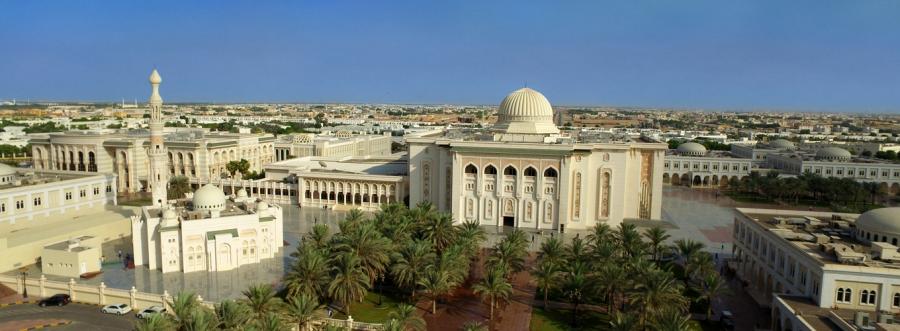- About
- Admissions
- Study at AUS
- Prospective Students
- Bachelor's Degrees
- Master's Degrees
- Doctoral Degrees
- Admission Publications
- International Students
- Contact Admissions
- Grants and Scholarships
- Sponsorship Liaison Services
- Testing Center
- New Student Guide
- File Completion
- New Student Orientation
- Payment Guide
- Executive Education
- Students with Disabilities
- Academics
- Life at AUS
- Research
- Contact Us
- Apply Now
- .

A Sustainable Future for the Middle East (November 2018)
Part of the College of Engineering Innovation Lecture Series
Speaker: Prof. Mark Holtzapple
Department of Chemical Engineering at Texas A&M University, USA
Date: Monday, November 19, 2018
Time: 11:00 – 12:00 noon
Location: Main Building- Lecture Hall B
Biography:
Mark Holtzapple received his chemical engineering degrees from Cornell University (BS, 1978) and the University of Pennsylvania (PhD, 1981). After his formal education, he served as a captain in the US Army Natick R&D Center and worked on a miniature air conditioner for soldiers wearing chemical protective clothing. In 1986, he joined the faculty in the Department of Chemical Engineering at Texas A&M University. He has received many awards for teaching and research, including the Presidential Green Chemistry Challenge Award from the president and vice president of the United States. His research focuses on sustainability including conversion of waste biomass to fuels, chemicals, and animal feed; high-efficiency engines and air conditioners; conversion of waste heat to electricity; high-torque electric motors; solar energy, and water desalination.
Abstract:
A Sustainable Future for the Middle East
When corrective actions are taken to address global warming, the impact will be particularly severe on the Middle East, which strongly depends upon fossil fuels. To ensure a sustainable future; the Middle East must invest a portion of its current oil revenues to restructure its economy. This presentation will describe an integrated approach that incorporates the following sustainable technologies: solar energy, biofuels, desalination, food production, carbon sequestration, waste treatment, and high-efficiency automobiles.
The recorded lecture can be found here

